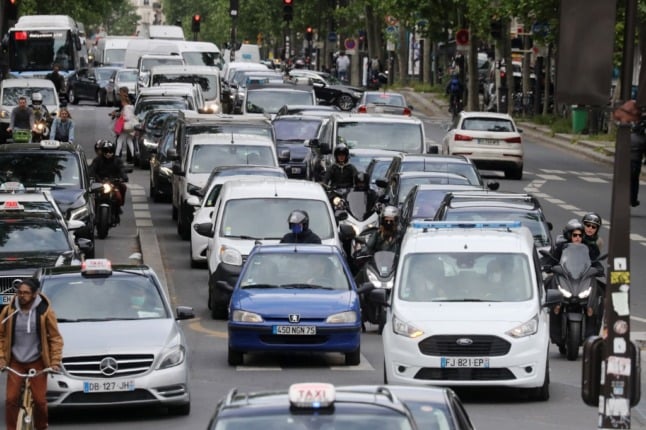Cities have written to the European parliament transport committee to complain that drivers from other countries easily escape fines because vehicle registration information can only be shared among countries with bilateral agreements.
In March, the European Commission proposed to update the Cross-Border Enforcement Directive, making it easier to fine foreign drivers who breach local traffic rules. The proposal covers a series of offenses, from overtaking dangerously to driving in the wrong direction or using overloaded vehicles. It does not mention, however, offences related to Urban Vehicle Access Regulations (UVARs).
A growing number of European cities have been introducing UVARs such as congestion charges and low emission zones to limit air pollution, increase road safety and reduce noise.
“As local leaders, our role is to make our cities more liveable and pleasant for our citizens… Mitigating the impact of road traffic in our cities and rebalancing how we use public space remains a strong priority to reach these goals, including through so-called urban vehicle access regulations (‘UVARs’) such as limited traffic zones or low-emission zones,” the letter says.
“Our cities remain vibrant and attractive places. We welcome foreign vehicles, so we must ensure that driving rules in our cities equally apply to all drivers. However, enforcing UVAR rules on foreign vehicles remains challenging, leading to inequalities between the two groups [of citizens] and to the unfair treatment of national citizens,” it continues.
A document by the CLARS Platform, which provides an overview of congestion charges and low emissions zones in Europe, shows that in Milan, 75% of foreign drivers didn’t pay their fines for breaches of traffic zones and congestion charge in 2020, causing a loss of 6 million euros. In the German city of Aachen for example, 69% of unpaid low-emission zones tickets concerned foreign vehicles in 2022.
Denmark estimates there are around 3,822,000 DKK (around 512,000 euros) of unpaid fines related to low emission zones from foreign lorries and vans.
Cities fear that beyond the loss of revenues, this situation will make UVARs unacceptable to local drivers.
The letter, coordinated by Eurocities and Polis, two groups representing European cities in Brussels, was signed by representatives of the Barcelona, Bilbao, Amsterdam, Brussels, Paris, Strasbourg, Rome, Padova and Stockholm, among others.
They argued that if UVARs are included in the directive, EU member states and their cities will be allowed “to collect technical vehicle information from vehicles entering an UVAR” and “process them in full compliance with the relevant data protection rules.”
The European Parliament’s transport committee will vote on the directive on November 29. If new rules are passed, they will have to be adopted by the parliament plenary and the EU Council too.




 Please whitelist us to continue reading.
Please whitelist us to continue reading.
Member comments